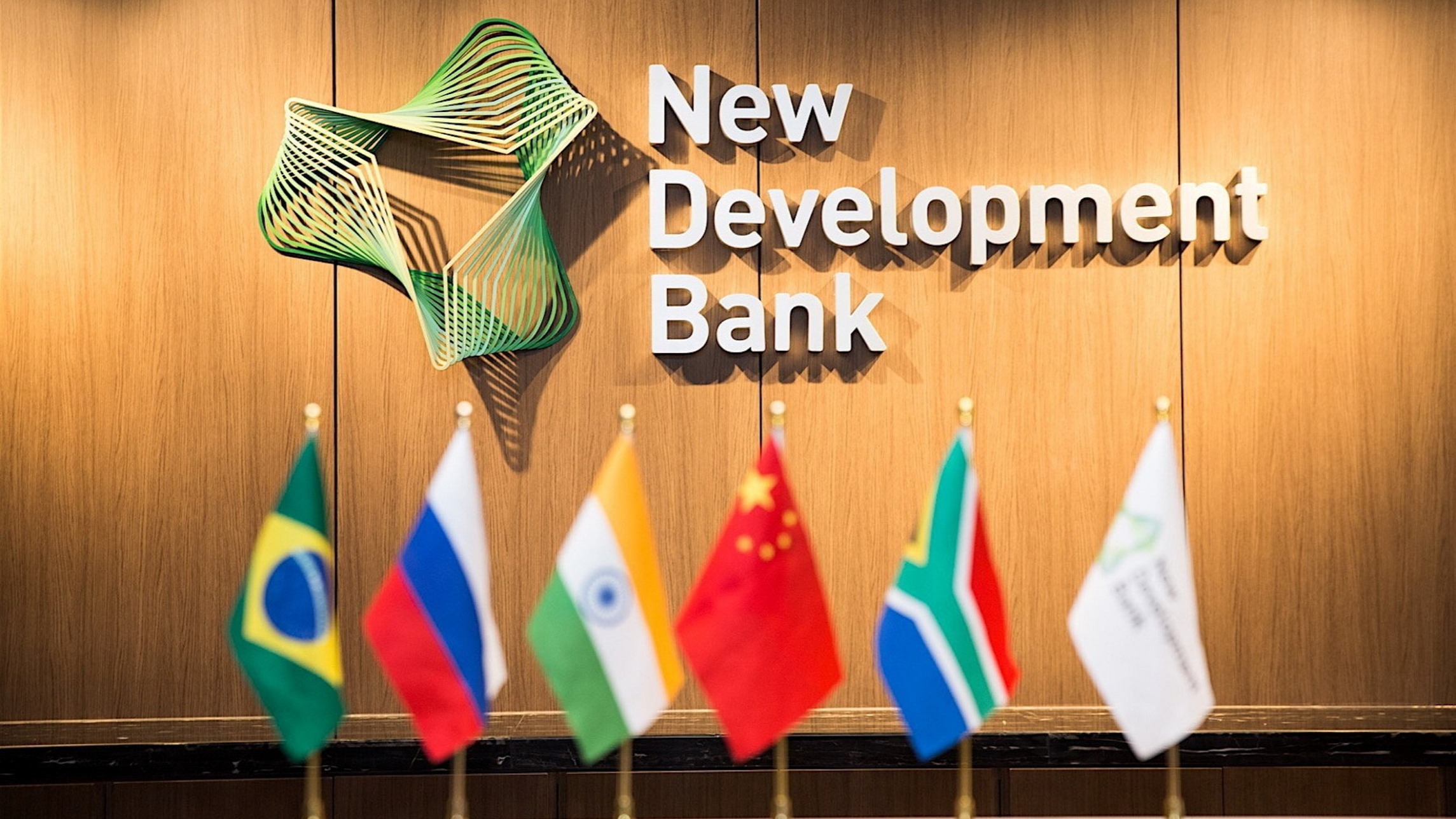Foreign ministers from the BRICS countries are meeting in South Africa from Thursday as the five-nation bloc seeks to forge itself into a counterweight to Western geopolitical dominance in the wake of Russia’s invasion of Ukraine.
The talks are a prelude to an August summit in Johannesburg that has already created controversy because of the possible attendance of Russian President Vladimir Putin, the target of an International Criminal Court (ICC) arrest warrant.
It accused him in March of the war crime of forcibly deporting children from Russian-occupied territory in Ukraine. Moscow denies the allegations. South Africa had already invited Putin in January.
South African authorities confirmed that foreign ministers from Brazil, Russia, India, and South Africa are attending Thursday’s meeting in Cape Town. A deputy minister is representing China.
No agenda has been made public, but analysts said discussions would aim to deepen ties among existing members and consider an expansion of the group.
The 2023 BRICS foreign ministers’ meeting is being held in South Africa on June 1, followed the next day by a “Friends of BRICS” meeting, to which foreign ministers from 15 other African and global southern countries have been invited. According to reports, 13 countries have formally applied to join the BRICS cooperation mechanism, while another six countries have expressed their willingness through informal channels. Saudi Arabia and Iran have requested to join the BRICS. Other countries that have expressed interest in joining include Argentina, the United Arab Emirates, Algeria, Egypt, Bahrain and Indonesia, as well as two East African countries and one West African country.
BRICS expansion is conducive to global political and economic balance by Liu Qiang
“BRICS is positioning itself as an alternative to the West and as a way to make space for emerging powers,” said Cobus van Staden of the South African Institute of International Affairs.

Once viewed as a loose, largely symbolic association of disparate emerging economies, BRICS has in recent years taken more concrete shape, driven initially by Beijing and, since the start of the Ukraine war in February 2022, with added impetus from Moscow.
Discussions of BRICS’ New Development Bank, which stopped funding projects in Russia to comply with sanctions, were expected on Thursday, a South African foreign ministry source said.
COULD OIL PRODUCERS JOIN?
Amid the growing geopolitical polarisation resulting from the war in Ukraine, BRICS leaders have said they are open to admitting new members, including oil-producing countries.
Venezuela, Argentina, Iran, Algeria, Saudi Arabia and the United Arab Emirates are on a list of those who have either formally applied to join or expressed interest, officials said.
“If they can bring in the oil producer countries that will be key, given the petrodollar system,” said William Gumede, a South African political analyst who has written extensively on BRICS.
South Africa, though the bloc’s smallest member, is among its biggest champions.
Its preparations for the Aug. 22-24 summit, however, have been complicated by the ICC announcement on Putin.
As an ICC member South Africa would face pressure to arrest Putin, were he to attend the meeting in Johannesburg.

Putin has not confirmed his plans, with the Kremlin only saying Russia would take part at the “proper level”.
South Africa’s position is unclear. Pretoria has said it will honour its obligations under its ICC membership, but the government is still weighing the possibility of hosting Putin or even moving the summit to China.
Independent political analyst Nic Borain said the government was caught between its support for BRICS and friendship with Russia on one side and the looming backlash from vital Western economic partners on the other.
“Obviously, the best solution for South Africa is if Putin decided not to come.”
Source: Reuters






